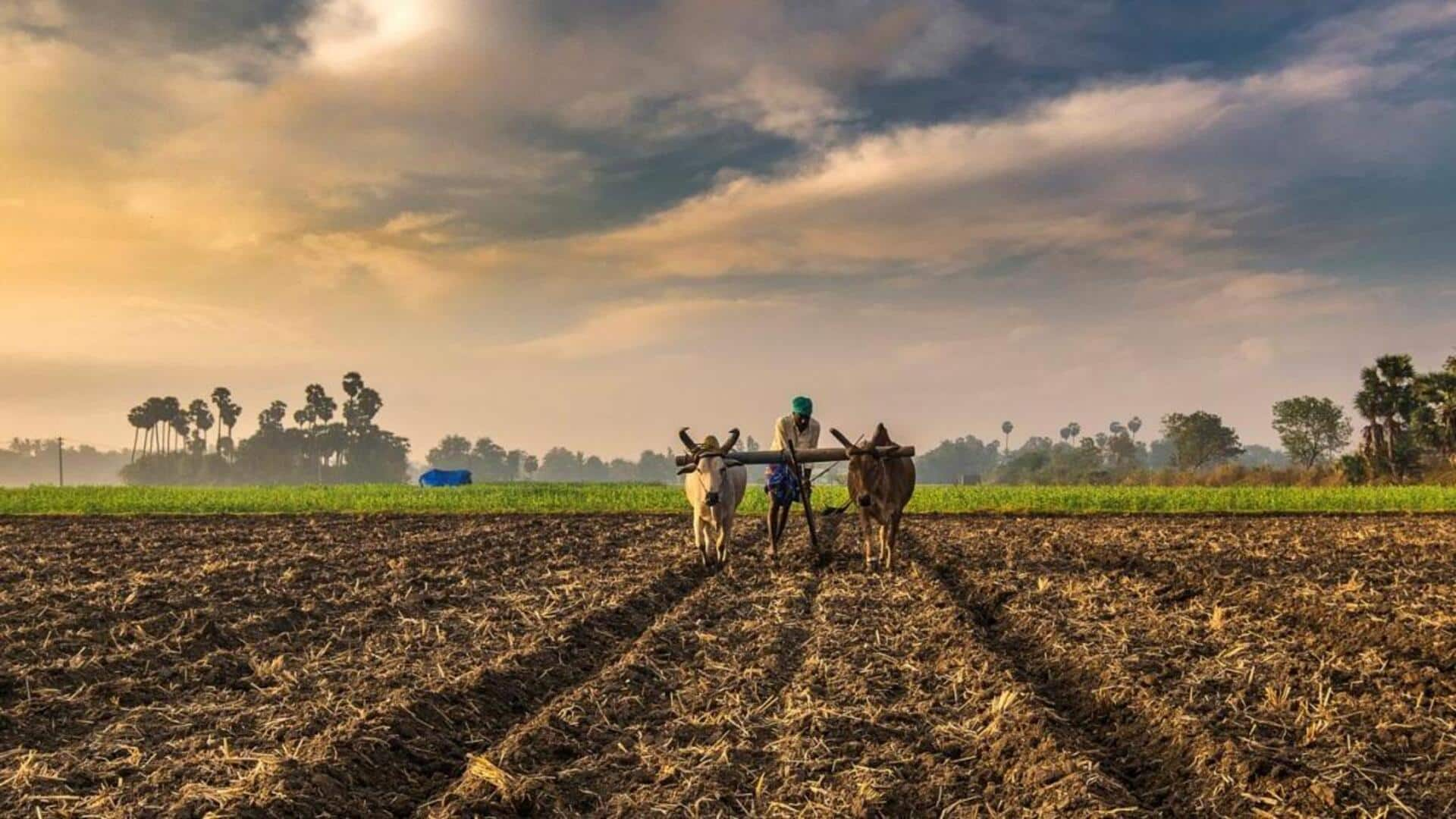
Community-supported agriculture: What exactly it is
What's the story
Indian consumers can purchase shares of farm harvests in advance through community-supported agriculture (CSA). This model promotes food security and sustainability, creating a win-win situation for farmers and consumers. However, navigating the tax implications within the Income Tax Act for CSA operations can be challenging. This article delves into the pertinent tax clauses and sections applicable to CSAs in India.
Agricultural income
Understanding income from agriculture
Income derived from agricultural land in India is exempt from tax under Section 10(1) of the Income Tax Act. In a CSA model, agricultural income would encompass revenue generated from selling the harvested produce (in its original form) to consumers or markets. But, income derived from processing that alters the form of the product may not qualify as agricultural income and may be subject to tax.
Non-agricultural revenue
Taxation on additional earnings
While the main income from selling unprocessed agricultural produce is exempt, CSAs often earn extra money through things like farm visits, workshops, and selling processed goods. As per Section 2(1A) of the Income Tax Act, this income isn't considered agricultural and gets taxed like regular income, based on the individual or entity's tax slab. CSA operators should keep detailed records to show the difference between exempt and taxable income.
Deductions benefit
Deductions available for CSAS
CSAs can claim deductions under multiple sections of the Income Tax Act, effectively lowering their taxable income. Expenditure incurred in the production of agricultural produce (seeds, fertilizers, water charges, etc.) can be claimed as a deduction under Section 37(1). Furthermore, investments made to enhance land productivity (drip irrigation, etc.) are also eligible for deductions under Section 35AD, provided certain conditions are met.
GST overview
GST implications on CSAS
The Goods and Services Tax (GST) is a key area of concern for CSA operators. While raw agricultural produce is typically exempt from GST, associated services such as educational workshops or farm tours are subject to GST at standard rates. Understanding these nuances allows CSA operators to navigate GST obligations and manage their tax liabilities effectively.